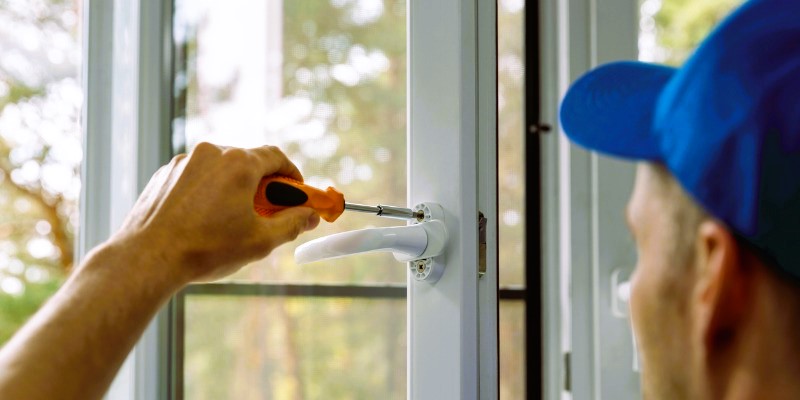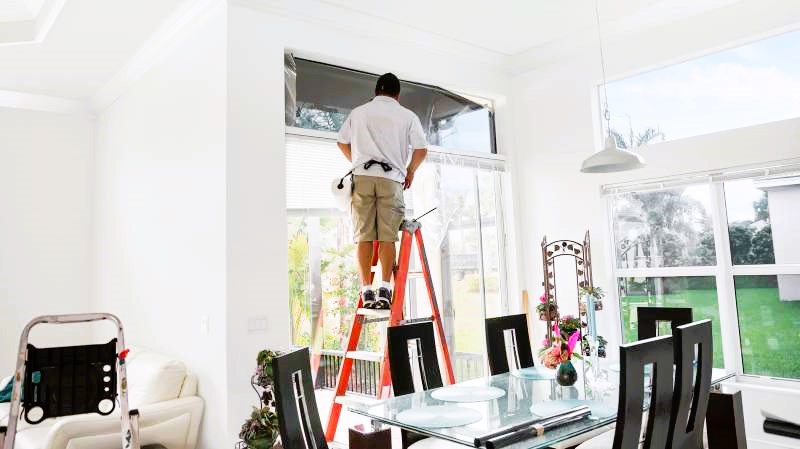Replacing windows is a significant investment for any homeowner, and the decision requires careful consideration. New windows can enhance the comfort, energy efficiency, and aesthetics of your home, but it’s crucial to be well-informed before making a purchase. Whether you’re upgrading to energy-efficient windows or seeking to improve your home’s curb appeal, here are five essential things every homeowner should know before buying new windows.
1. Assess Your Needs and Priorities:
Before diving into the wide array of window options available, take the time to assess your specific needs and priorities. Consider factors such as energy efficiency, style, maintenance requirements, and budget. If you live in a region with extreme weather conditions like Victoria, Canada, where winters can be cold and wet, and summers can be mild, you’ll want windows that can withstand the elements while providing excellent insulation. Understanding your needs will help you narrow down your choices and make a well-informed decision.
2. Energy Efficiency Matters:
Energy-efficient windows have become increasingly popular for their ability to reduce energy consumption, lower utility bills, and contribute to a greener environment. Look for windows that carry the ENERGY STAR® label, as they meet strict energy efficiency guidelines set by the U.S. Environmental Protection Agency (EPA) and Natural Resources Canada (NRCan). These windows are designed to keep your home comfortable year-round by preventing heat loss during winter and heat gain during summer.
For more information on energy-efficient standards and certifications, you can visit the Canada.ca website.
3. Understand Window Ratings:
Understanding window ratings is essential for making an informed decision. The National Fenestration Rating Council (NFRC) provides ratings for windows based on several factors, including U-factor, Solar Heat Gain Coefficient (SHGC), and visible transmittance. The U-factor measures the window’s insulating ability, while SHGC measures its solar heat gain. A lower U-factor and SHGC indicate better insulation and reduced heat gain, respectively. Always check the window’s ratings to ensure it meets your energy efficiency needs.

4. Consider Window Frame Materials:
Window frames come in various materials, each with its advantages and drawbacks. Common frame materials include vinyl, wood, aluminum, and fiberglass. Vinyl frames are low-maintenance and energy-efficient, while wood frames provide a classic and natural look. Aluminum frames are durable but may not offer the best insulation. Fiberglass frames are known for their strength and energy efficiency. Carefully consider each material’s properties and how they align with your preferences and maintenance requirements. The growing importance of eco-friendly windows in Victoria, here’s what to know.
5. Professional Installation Matters:
Even the most energy-efficient and well-designed windows won’t perform optimally if not properly installed. Improper installation can lead to air leaks, drafts, and water infiltration, reducing the window’s efficiency and potentially causing damage to your home. To ensure a seamless and airtight fit, it’s crucial to hire a professional and experienced window installer. Verify their credentials, read reviews, and ask for references before making a decision.
Conclusion:
Buying new windows is a decision that can significantly impact your home’s comfort, energy efficiency, and overall value. As a homeowner, it’s essential to be well-informed about your options and priorities before making a purchase. Assess your needs, prioritize energy efficiency, understand window ratings, consider frame materials, and invest in professional installation. By following these guidelines and taking the time to research, you can confidently choose the best windows that align with your preferences and create a more comfortable and energy-efficient home for years to come.

